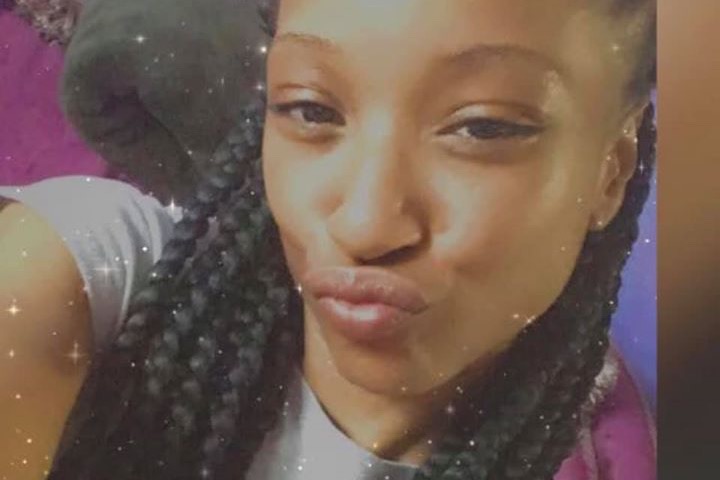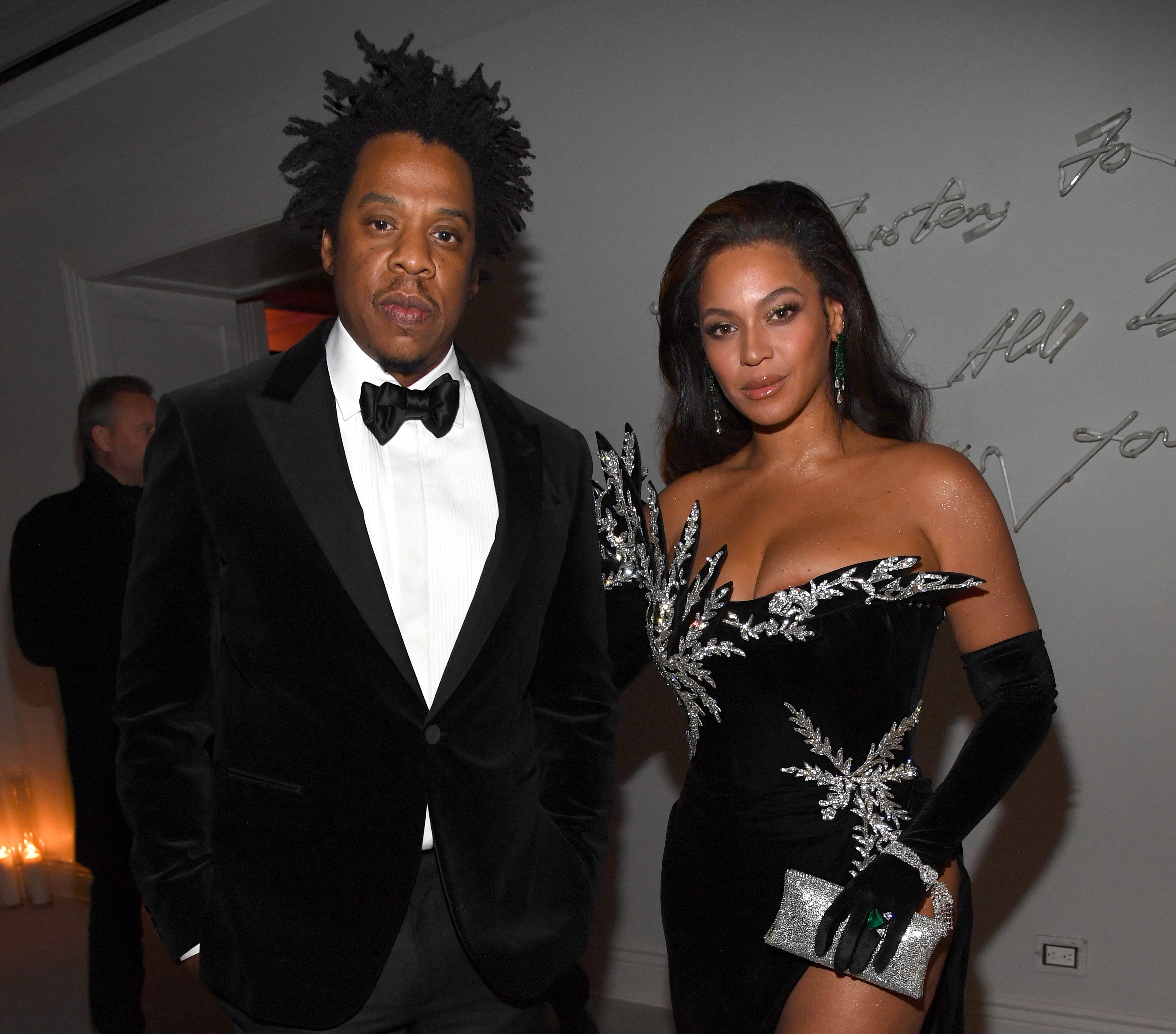Intro for June 1, 2020



Dear Gossips,
It was a week ago this morning that Christian Cooper, while bird watching, encountered Amy Cooper (no relation) in Central Park and asked her to put her dog on leash so as to stop disturbing the wildlife. Christian’s life was then put in danger when Amy called the cops to report that “there’s an African American man threatening my life”. Later on that evening, a police officer in Minneapolis killed George Floyd. And since then, there have been protests against racism and police brutality around the world, from Los Angeles to New York to Toronto to Montreal to London to Berlin and more. Here’s Van Jones this weekend on the relationship between the Amy Cooper incident and George Floyd’s murder:
CNN’s Van Jones on threats to blacks: “It is not the racist white person who is in the KKK that we have to worry about. It is the white liberal Hillary Clinton supporter walking her dog in Central Park ... she weaponized race like she had been trained by the Aryan nation” pic.twitter.com/g1gp3k7aFt
— Ryan Saavedra (@RyanSaavedra) May 29, 2020
“Even the most liberal well-intentioned white person has a virus in his or her brain that can be activated at an instant.” Racism is a disease. And as Kathleen wrote last week in her piece for Refinery29, “for Black people in the U.S. and Canada, the emotional toll of this (COVID-19) virus is compounded by the pandemic of racism”. It’s not just Americans though. And it’s not just white people.
Amy Cooper is Canadian. In Toronto last week, Regis Korchinski-Paquet, a young black woman who was in distress, died after police were called to her apartment. And one of the four police officers involved in the killing of George Floyd is Asian. He has not been charged. So this is me, a well-intentioned Asian Canadian with a platform of my own, telling you that non-Black people of colour, who are often discriminated against, can also discriminate and be racist. After all, I am a citizen of a world that’s been shaped by white supremacy. Which means that I have been conditioned in white supremacy. And as a member of the so-called “model minority”, my white-adjacency has afforded me a privilege that has protected me from so much of the trauma that the Black and Indigenous communities in North America confront every day. This proximity to whiteness and its false promise of equality functions like a trap: Asians have been used by racism itself to uphold white supremacy and to oppress others. So in the end, there’s only one winner – whiteness.
For Asians as well as white people then, if we want to practise true allyship, and if we want to be part of the solution, it means confronting this truth, recognising the bias in ourselves, and working every day to remove that conditioning from our perspectives. And, of course, this is scary. No one wants to admit that they can be racist; it’s a vile thing to admit to ourselves about ourselves. But the racism virus exists in a large majority of us because of the status quo. As Robin DiAngelo, who wrote the book White Fragility, said, “white people hold constitutional power”– which means that our worldview has been influenced through that lens. So it’s actually more insulting to deny the existence of our biases because it invalidates the experience of Black and Indigenous people and gaslights their pain. Denial is in itself a form of oppression.
Recognising our biases and identifying them is, at the very least, a way to acknowledge the injustice inflicted upon marginalised peoples, and it’s how we can begin to actually make a difference. That’s when the work can really start. And I think that’s what probably many of us were wrestling with this weekend: what can we do, how can we help? What’s the work? Well, work is the key. The work is getting uncomfortable. It may mean that you get eyerolled at the work meeting. It could mean that you’ll lose followers on Instagram who are “bored” or whatever with all your advocacy posts. It could mean that you’ll turn away visitors on your website because they came for the gossip and are over your constant “nagging”. It might mean that you lose sponsorships because brands don’t want to be associated with you. It’s acknowledging how we have inadvertently contributed. It’s understanding that complacency makes you complicit. And it’s also understanding that allyship is not perfect. We are going to make mistakes. Those mistakes are going to be embarrassing. The criticism is going to hurt. But not as much as it hurts to die.
If you are able, please click here to contribute to the Justice For Regis fund to help her family seek justice for her death.
Yours in gossip,
Lainey
